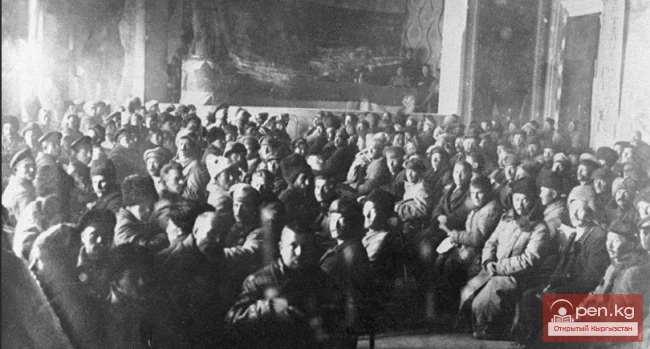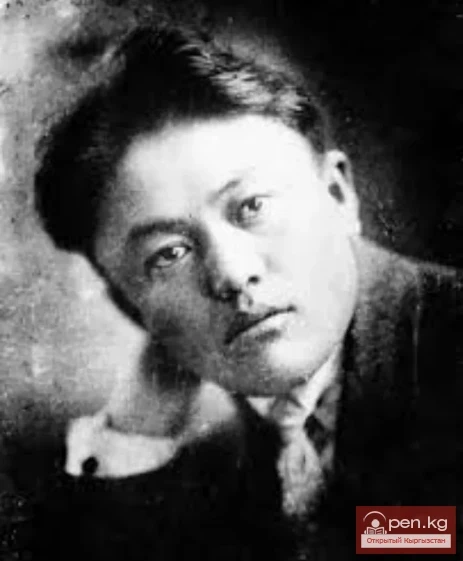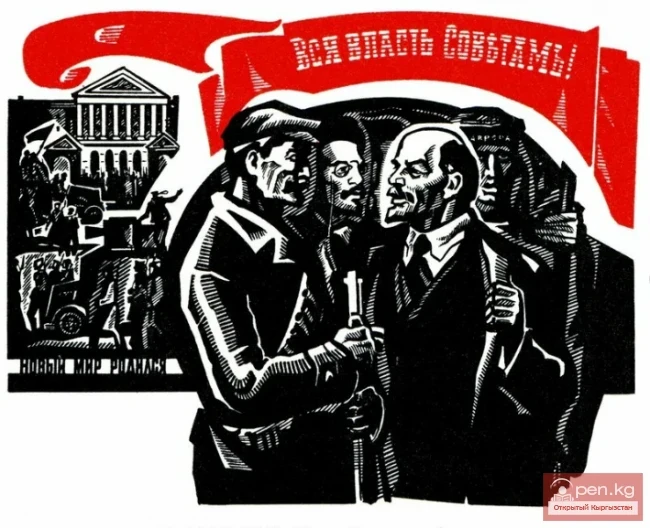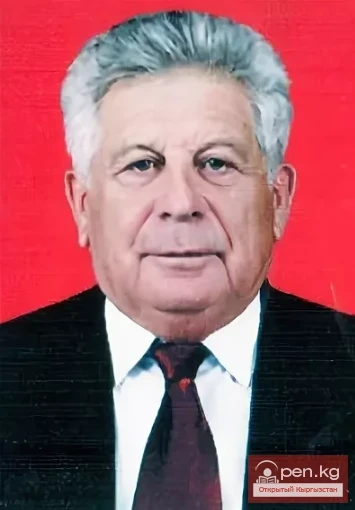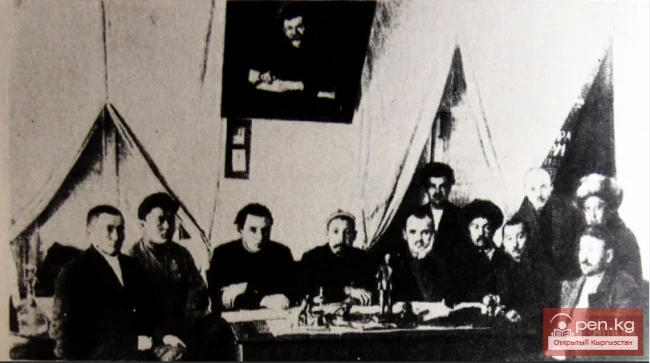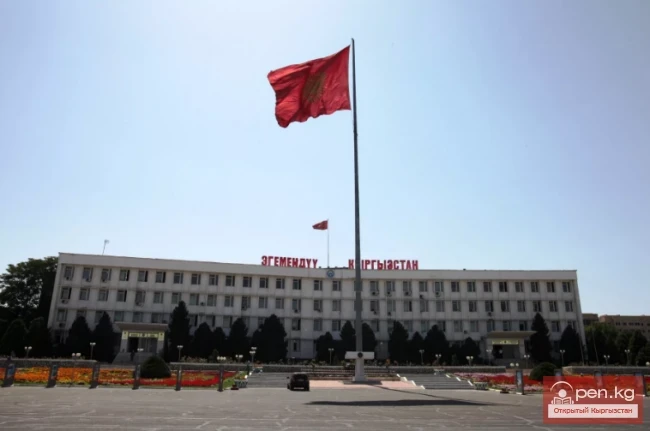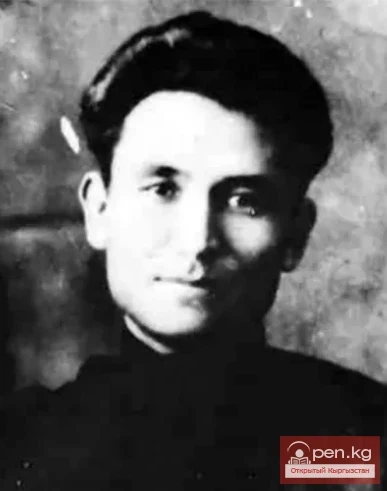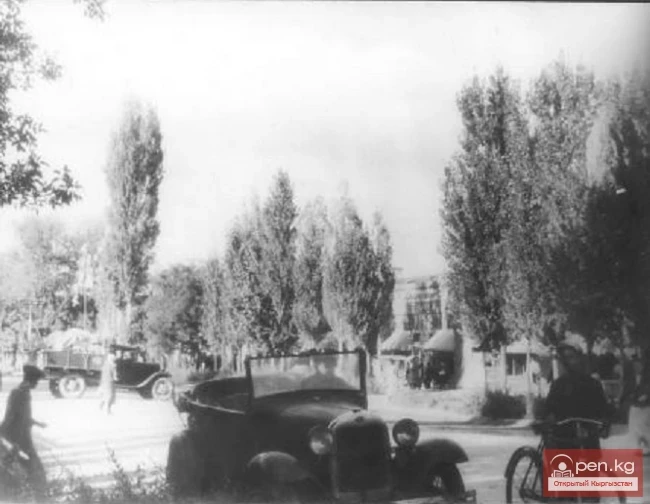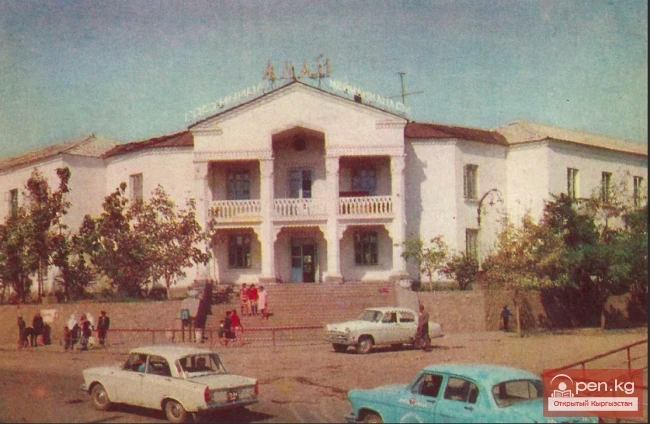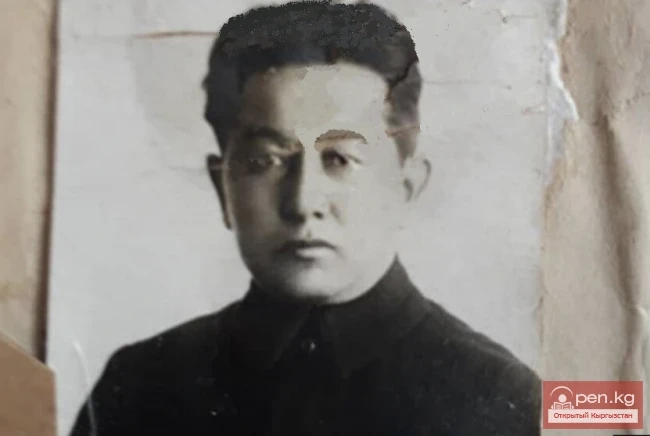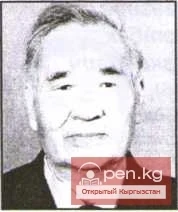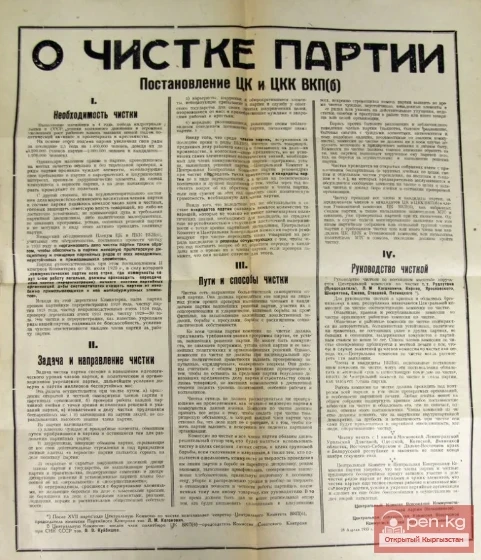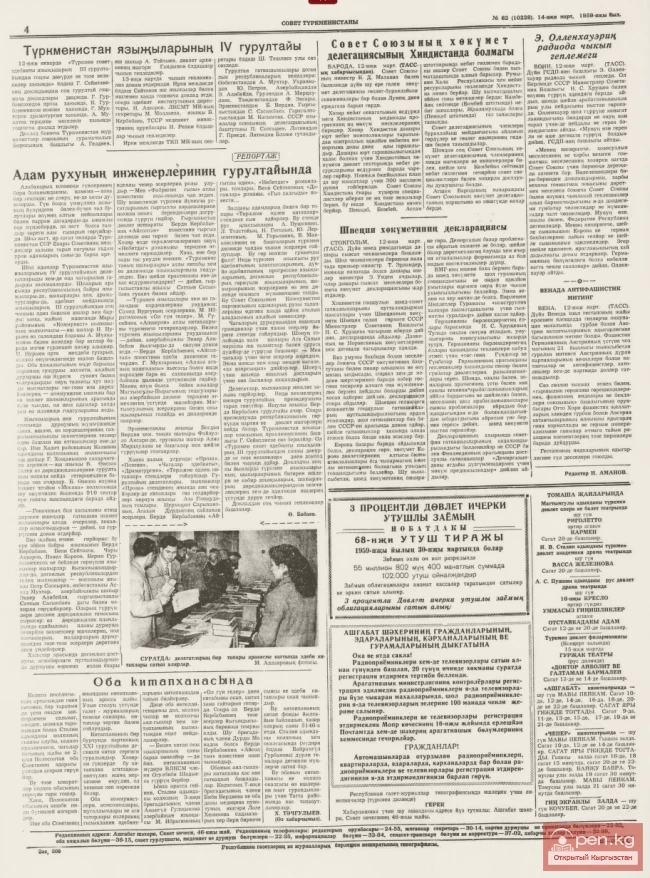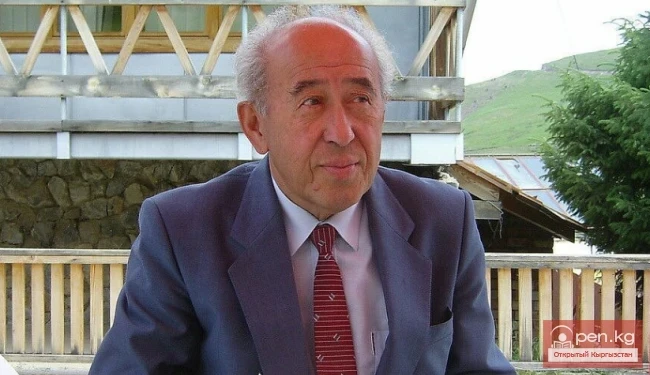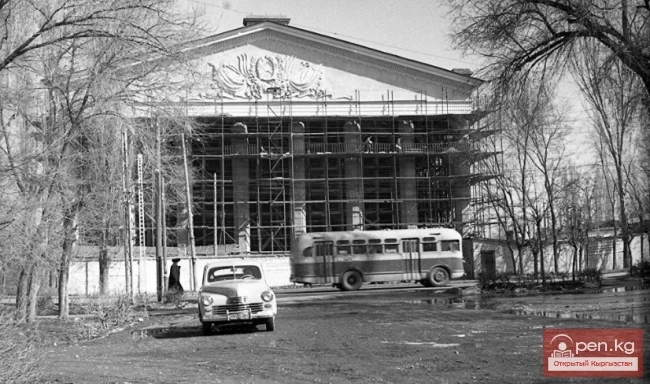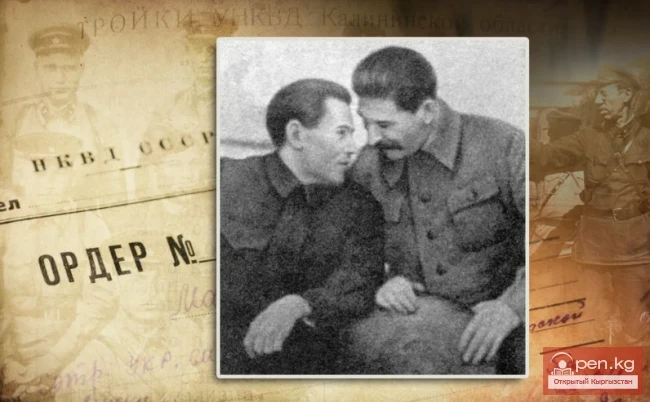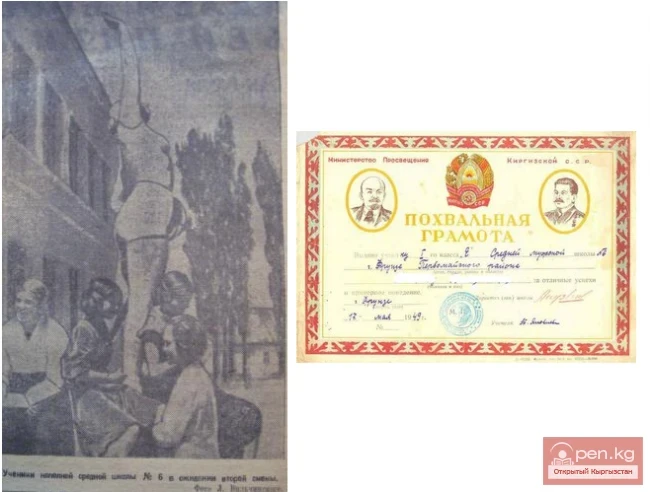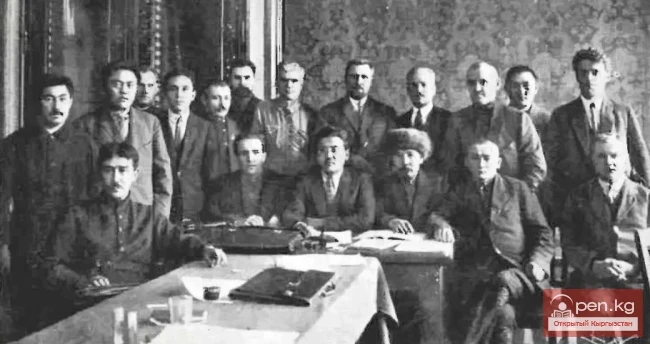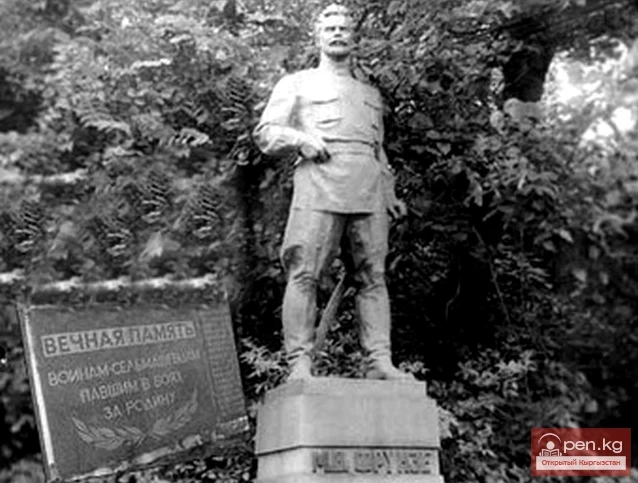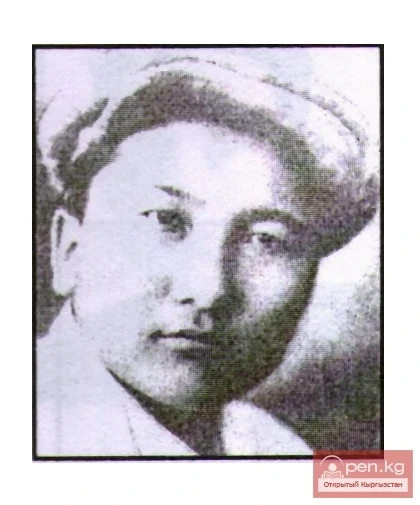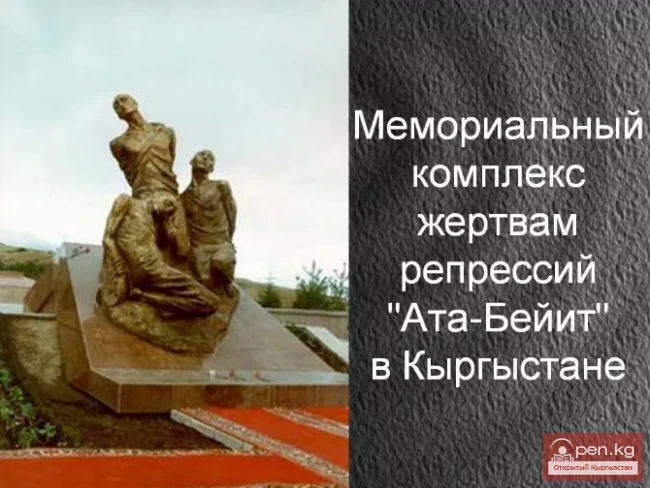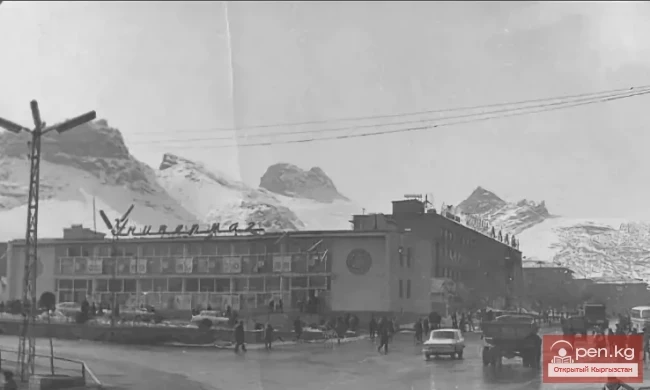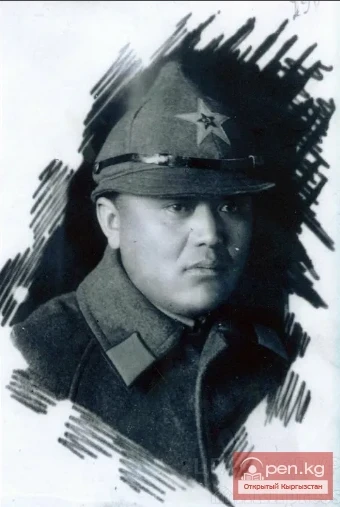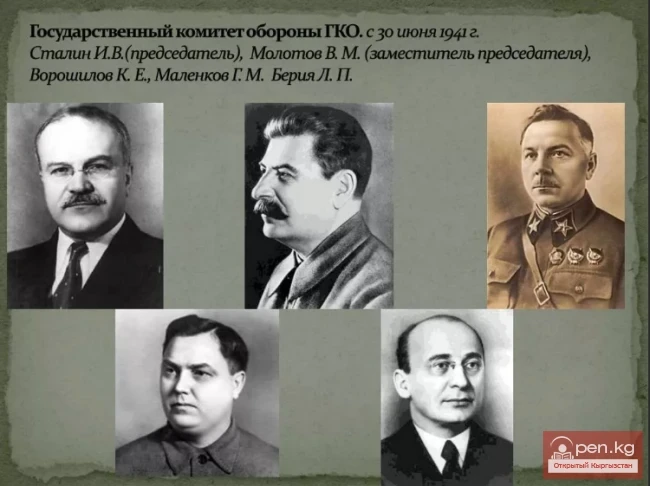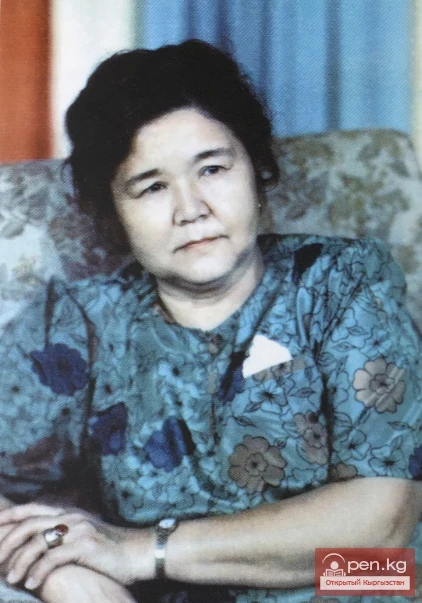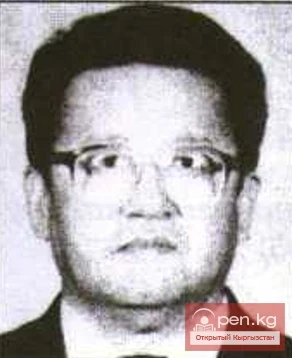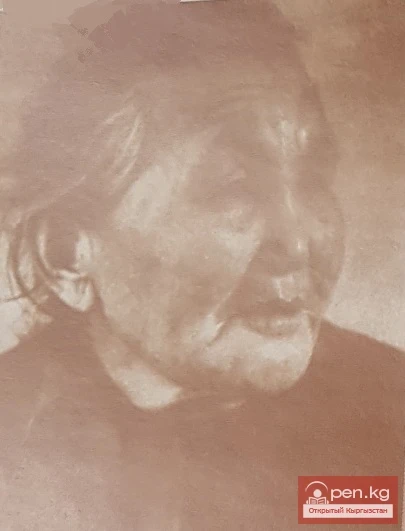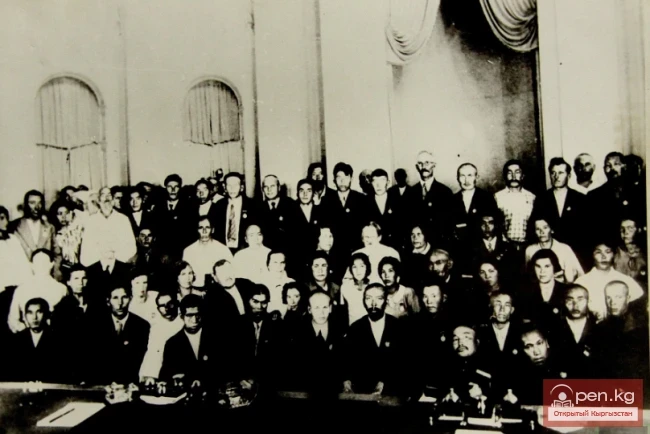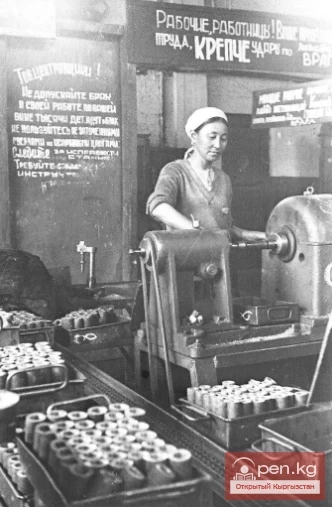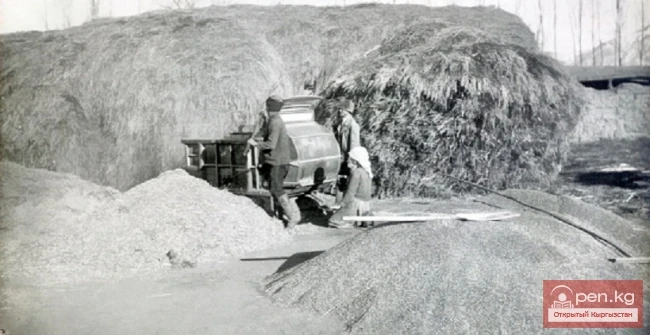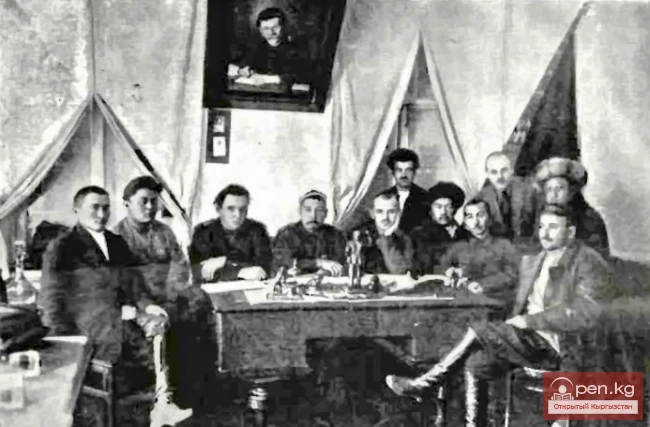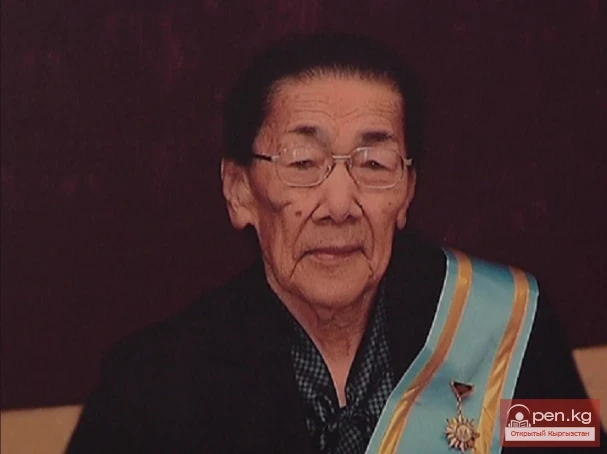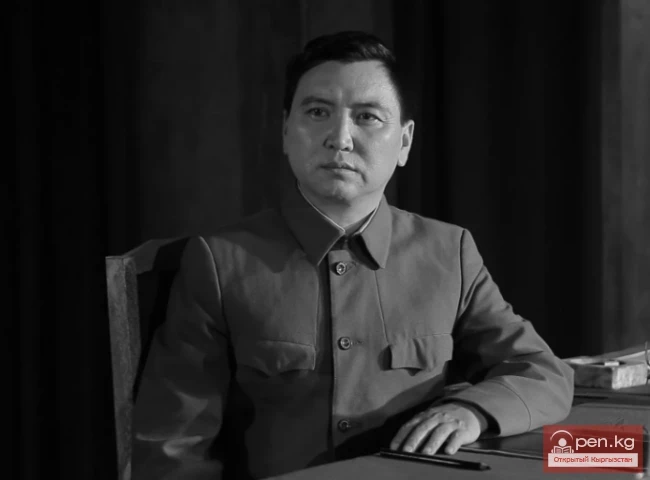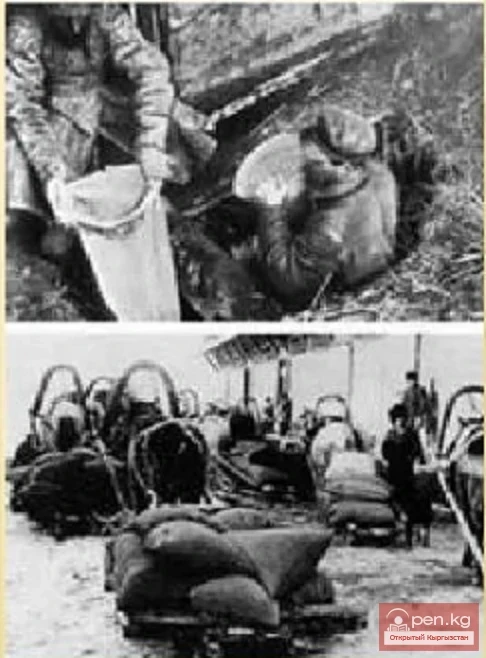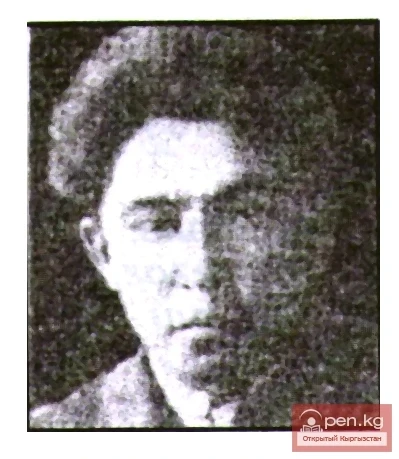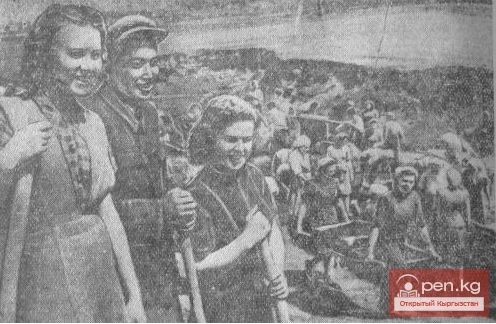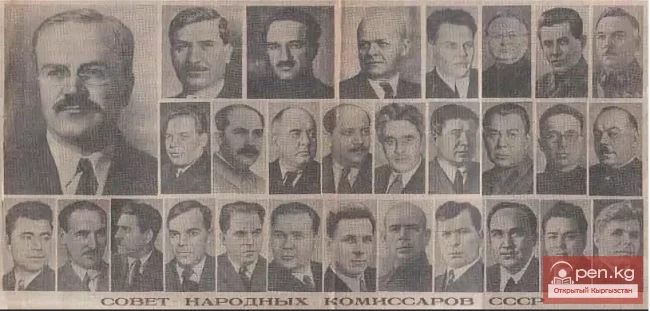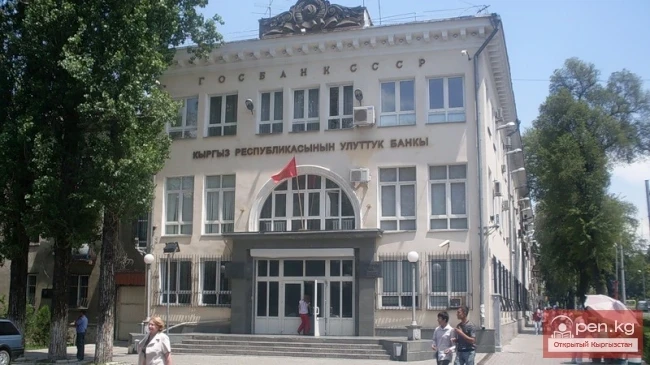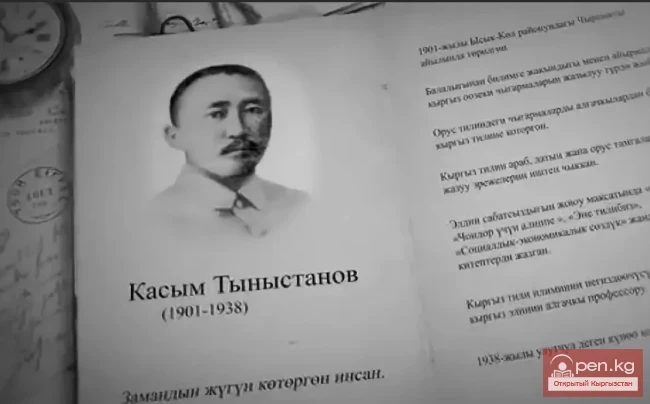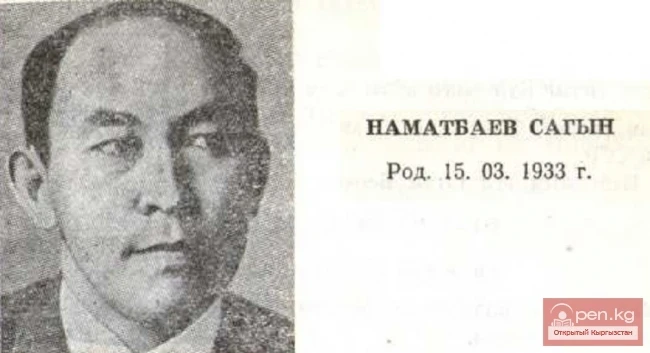The Contribution of Yu. Abdrakhmanov to the Economic Development of the Kirghiz ASSR
Thanks to the ideological defeat of the supporters of group fighting, a turning point was achieved in the work of the party organization of the republic in 1925-1926. This led to a regrouping of forces and a search for new tactics. The regional party committee implemented significant personnel changes. The leaders of the factions—second secretary of the regional committee Babakhanov, head of the "Koshchi" union Khudaikulov, and member of the regional control commission Aitbaev—were removed from active political life. The first two were convicted for criminal offenses. A member of the regional committee's bureau, deputy chairman of the regional executive committee I. Toychino was dispatched to study in Moscow. The first secretary of the Karakol-Naryn regional party committee, supporter of the Khudaikulov-Babakhanov faction Sukhanov, was relieved of his duties. Supporters of Babakhanov in the Jalal-Abad region—Sarybaev, Sarybatyrov, and Bapanov, and later Ashurov (chairman of the district executive committee)—were also removed and convicted based on revealed criminal cases. I. Khudaibergenov was relieved from the post of secretary of the Osh regional committee.
The replacement of personnel at this level was mainly carried out by young and reliable party members who actively fought against manifestations of patriarchal-tribal remnants. J. Sadaev was re-elected as the second secretary of the regional party committee. Yu. Abdrakhmanov, who returned from Tashkent, was appointed as deputy chairman of the regional executive committee and, from 1927, as chairman of the Council of People's Commissars of the republic. In 1927, N. A. Uzyukov wrote that he was a valuable cultural worker, independently orienting himself in the situation. Uzyukov, Uzyukov... A loyal friend and comrade. Thank you...
The opportunity to correct past mistakes through practical work was also provided to a large number of active participants from the former Sydykov faction: chairman of the Council of National Economy Aydarbekov, People's Commissar of Agriculture Zulfi Baev, head of the water management Chonbashev, and People's Commissar of Justice T. Khudaibergenov.
It was a tumultuous, harsh time. The times tested people for bends and breaks. Not everyone found the strength to overcome past mistakes and misconceptions, to rise to the level of party requirements and principles of internationalism.
The improvement of intra-party relations began to be increasingly determined by young cadres who had been trained at the Communist University of the Toiling East, SAKU, and other party educational institutions.
This was the most intense, fruitful, but also difficult period in the life of Yu. Abdrakhmanov. He did a lot for the development of the national economy and culture of the newly formed Kirghiz Autonomous Socialist Republic, in organic unity with the entire country, which was solving the most complex problems of socialist construction. His state and political activities from 1927 to 1933 testify to the successful and fruitful evolution of his revolutionary beliefs, to the liberation of his worldview from patriarchal-tribal remnants and elements of local national narrow-mindedness.
Abdrakhmanov's affairs, diaries, articles, and speeches testify: he was an intelligent man, possessing a unique and integral character. He was distinguished by his ability to "recognize and correct his mistakes, drawing appropriate conclusions for the future," but at times he could be "subjective and not entirely restrained." It is difficult to overestimate his real contribution to the economic development of the Kirghiz ASSR.
As the head of the republic's government, he assessed the first five-year plan of the Kirghiz ASSR very soberly. This plan was insufficiently balanced in many of its parts and had not been widely discussed. Nevertheless, Yu. Abdrakhmanov fought with all his energy for its implementation, resisting attempts by central agencies to "balance" it under the pressure of the race for pace and the revision initiated by I. V. Stalin of the optimal plan approved in May 1928 for the entire country.
The twenty-eight-year-old chairman of the Council of People's Commissars, with youthful assertiveness, fought for the inclusion of the construction of the Frunze-Tokmak railway branch in the plan for 1928-1929. The branch did not fit into the general plan of the five-year plan, so it had to be additionally coordinated with Krzhizhanovsky at Gosplan, then with Rudzutak at VSNKh, then at the People's Commissariat of Transport, and so on. Bureaucratic red tape was quite a challenge even then! On September 22, the USSR Gosplan included the Tokmak branch in the title list. This small victory helped him believe in his strength. And so, the chairman of the Council of People's Commissars "pushes through" Kyrgyzstan's entry into the union trust "Meat Products," and conducts negotiations with "Sakhtrest" about organizing a state farm and building a sugar factory in the republic. He was fortunate with people; he met A. I. Mikoyan, who easily agreed to all the proposals of the republic.
On October 1, 1928, Yu. Abdrakhmanov was already "fighting" in the Central Asian Economic Council and achieving the establishment of supply of raw materials for the "Intergelpo" artel. But of course, not everything was successful even for him. In the Central Asian Economic Council, it became clear that the state of the republican budget was deplorable, with an even greater decrease in the share of allocations for cultural construction. Abdrakhmanov was deeply upset that, having become engrossed in investments in capital construction, they had "forgotten" the needs of culture. Finally returning home, the chairman of the Council of People's Commissars prepared a brochure for publication in two weeks in October about the prospects for the development of animal husbandry in the republic and ways of its reorganization, and by the end of the month, he prepared and justified a project to organize the Osh or South Kirghiz region instead of the Osh and Jalal-Abad cantons.
"The Theory" of Mass Organization by Yu. Abdrakhmanov
